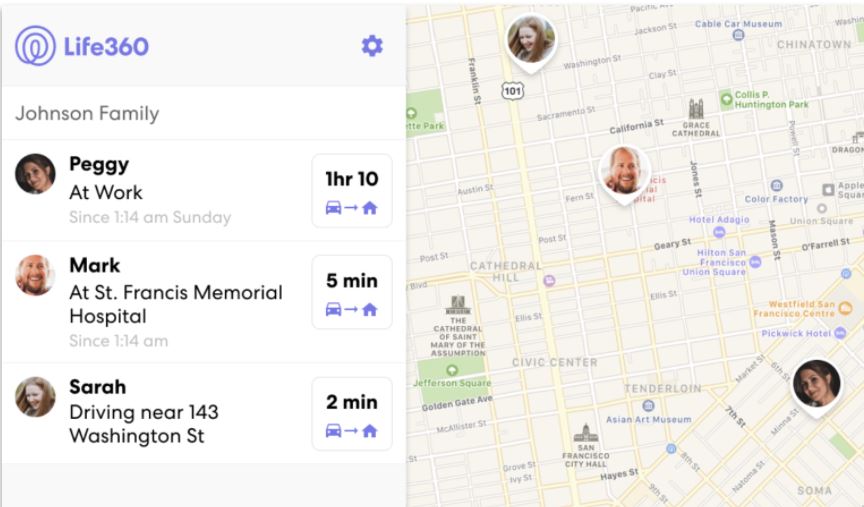A report by Markup says that Life360, a mobile family monitoring app used by around 30 million people worldwide, is selling some data collected in its systems, mainly those associated with the location of children and parents. The information is shared with all kinds of data brokers for marketing purposes, although in reality any interested actor can acquire this data.
Two former employees of the company reported that this mobile app acts as a huge source of information for a growing but controversial industry, which has been working almost inadvertently and almost without finding limitations in the collection of this data.
These informants, who requested anonymity, say that Life360 has become one of the leading companies in the industry, since the sale of information represents a source of income as important as those generated by its core activities.

Life360 founder and CEO Chris Hulls simply mentioned that the company does not have the means to deny or confirm such allegations: “We consider data to be an important part of our business model, as it allows us to maintain the basic life360 services for free for most of our users”, adds Hulls.
The industry seems to agree with these statements; a former X-Mode engineer said the location data his company received from Life360 was among the most valuable resources at its disposal due to the sheer volume and accuracy of the data. On the other hand, a former Cuebiq employee joked that the company could not deploy its marketing campaigns without the precious collaboration of Life360. X-Mode and Cuebiq are location data companies that provide data and insights extracted from that data to other industry players, taking the practice of data broker to levels never seen before.
While openly acknowledging that selling data is a fundamental part of their business model, Life360 maintains that the information collected cannot be sold to government agencies or intelligence firms, yet Life360 has been selling information since 2016, while this internal regulation went into effect just a year ago.
Reports of such practices continue to accumulate, although at the moment the technology industry does not seem to have any intention of establishing bans, not to mention that all this happens under the protection of the authorities of multiple countries, so the sale of data is not something that users can easily escape.
To learn more about information security risks, malware variants, vulnerabilities and information technologies, feel free to access the International Institute of Cyber Security (IICS) websites.
He is a cyber security and malware researcher. He studied Computer Science and started working as a cyber security analyst in 2006. He is actively working as an cyber security investigator. He also worked for different security companies. His everyday job includes researching about new cyber security incidents. Also he has deep level of knowledge in enterprise security implementation.
